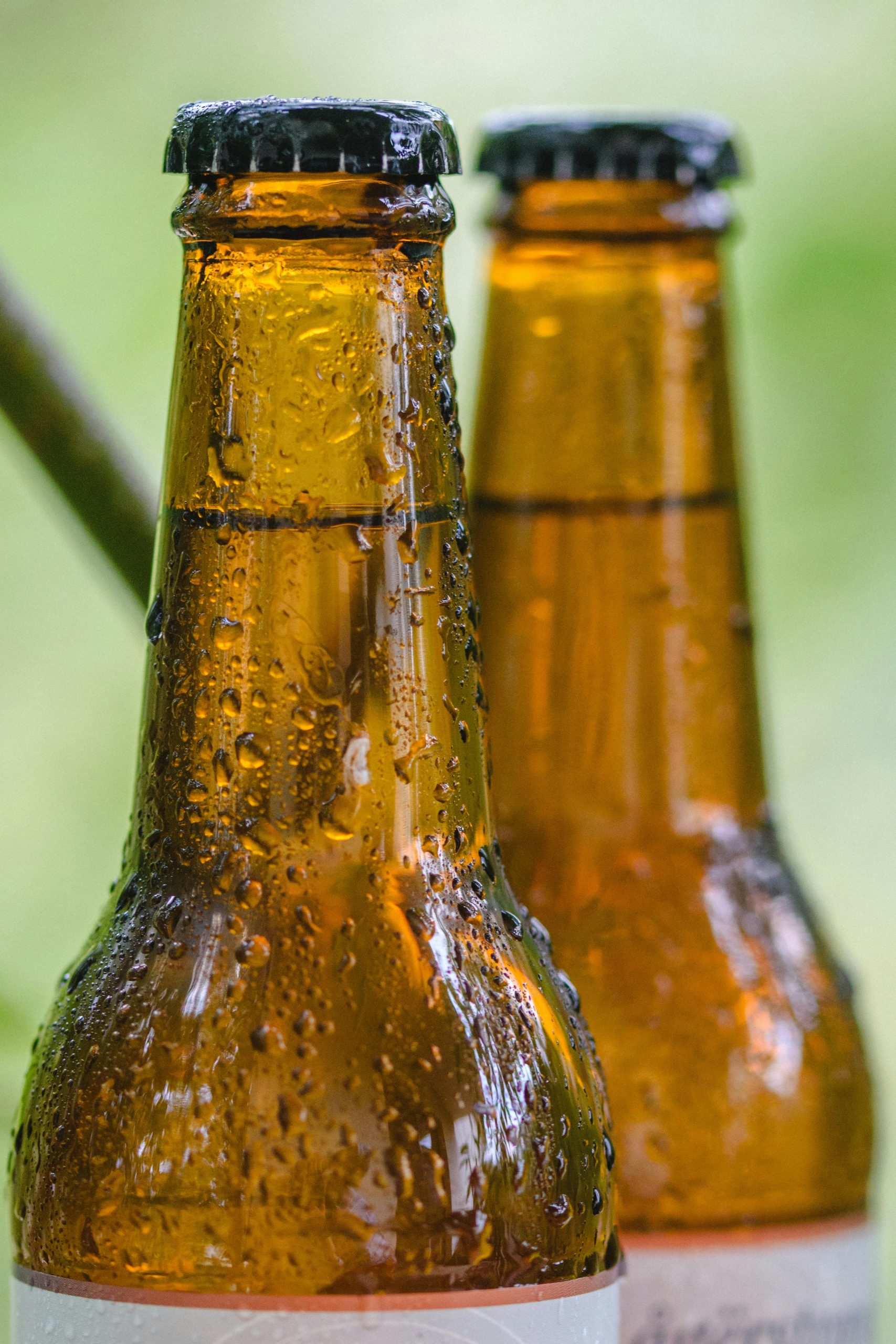Your cart is currently empty!

Steven Coulson
Steven has been drinking beers, wines and spirits for decades and has a propensity to go about them at length after a few drinks.
Latest Posts
- My wife found out our favorite Gin for martinis was discontinued. I think we are good for a while…

- Oregon Road Trip: Freeland Spirits Garden Botanicals Gin

- Botanist with Trader Joe’s Lemon and Elderflower Soda

- I’m one of the worlds leading buyers of craft gin in the world and a international spirit judge AMA

- I’m blown away…. By how let down I am by this Gin.

Categories
Tags
Social Links

The Tipping Conundrum: How Knowledgeable Bartenders Influence Your Gratuity
Last night, I had the pleasure of visiting a newly opened establishment, and I couldn’t help but notice an intriguing moment that sparked a conversation in my mind about tipping etiquette. I ordered a Belgian gueuze, fully anticipating the common mispronunciation that often accompanies this particular brew. Instead, to my surprise, the bartender effortlessly pronounced it as “the guhz” and proceeded to engage me in an informative discussion about the fascinating wild fermentation process behind the beverage.
Not only did she expertly recommend a cheese pairing that perfectly complemented my drink, but her enthusiasm and expertise left me momentarily speechless. It’s rare to encounter a bartender who not only knows their craft but also shares that knowledge in such a friendly manner. More often than not, I find myself dealing with staff who either shy away from properly pronouncing complex names or confidently mispronounce them while serving drinks from whatever glass is handy.
Because of her impressive knowledge and exceptional service, I felt compelled to leave a 30% tip, a gesture that truly reflected my astonishment and appreciation. However, this experience has made me ponder: Is there an unwritten rule for tipping that takes into account a bartender’s level of expertise? Should one adjust their gratuity based on a bartender’s knowledge of the drinks they’re serving?
Do we have a sliding scale for tipping that weighs correct pronunciation and product understanding? How do we decide what to tip when confronted with a capable bartender who lifts the experience from ordinary to extraordinary?
It’s certainly a topic worth discussing. As consumers, we often associate great service with thorough knowledge and skill, making us more inclined to reward such proficiency. The next time you find yourself in a bar with an engaging bartender who knows their craft, consider how their expertise has elevated your experience when deciding on a tip. After all, exceptional service deserves recognition.
